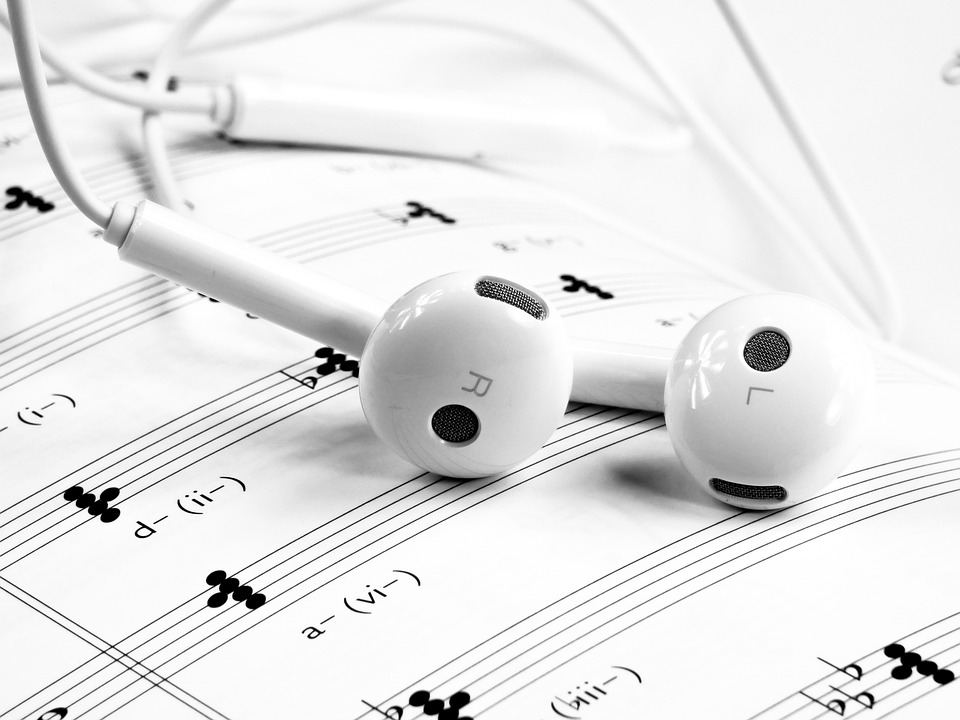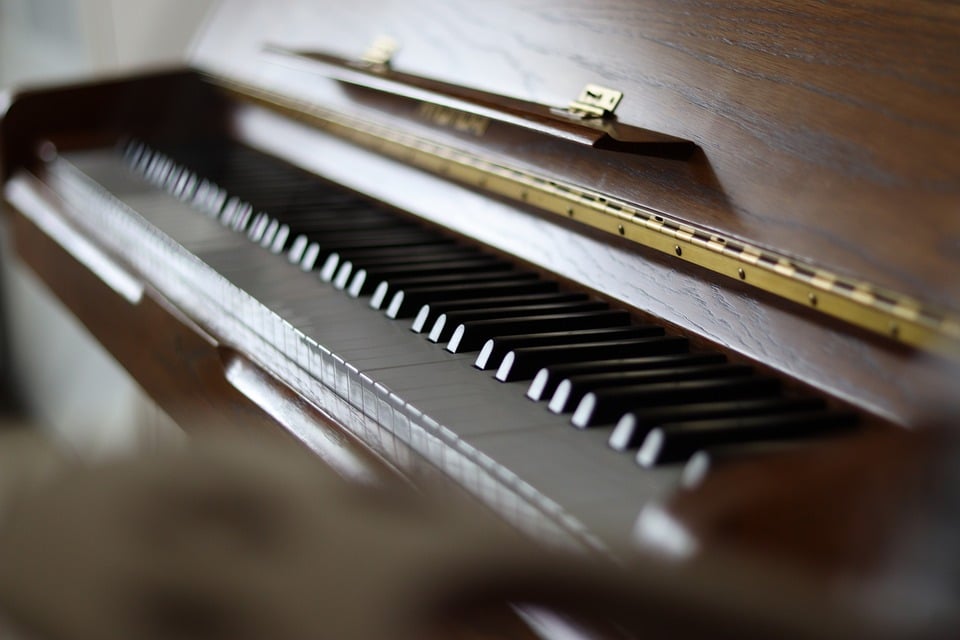Slide guitar playing offers a unique sound that many musicians strive to achieve. Choosing the right guitar is crucial for mastering this technique. In this article, we will explore the various types of guitars best suited for slide playing, their features, and how to select the perfect one for your needs.
Understanding Slide Guitar Playing
Slide guitar playing involves using a slide—often made of glass, brass, or ceramic—to glide over the strings, producing a smooth, expressive sound. This technique allows for unique pitch bends and sustained notes that are hard to achieve with standard fretting. While slide guitar can be played on various types of guitars, some are better suited for this technique than others.
Typically, slide guitar is associated with blues, rock, and country music. The sound produced by slide guitar is often characterized by its emotional depth and richness. To fully experience the magic of slide guitar, it is essential to have a guitar that complements this playing style.
Types of Guitars for Slide Playing
When it comes to slide guitar, different types of guitars can yield different tones and playability. The most common types include electric guitars, acoustic guitars, and resonator guitars. Each type has its unique characteristics that make it suitable for slide playing.
Electric guitars, particularly those with a solid body, allow for easy playability and can produce powerful tones. Acoustic guitars offer a more natural sound, while resonator guitars are known for their distinctive metallic sound, which is often favored in blues music. Understanding these differences can help you choose the right guitar for your slide playing needs.
Electric Guitars for Slide Playing
Electric guitars are a popular choice for slide playing due to their versatility and tonal range. Guitars with higher action (string height) are generally preferred, as they allow the slide to glide over the strings without fretting out. Models like the Fender Stratocaster and Gibson Les Paul are often recommended for slide guitar due to their comfortable necks and rich tonal capabilities.
The Stratocaster, with its three single-coil pickups, offers a bright and articulate sound, making it suitable for various musical genres. On the other hand, the Les Paul, with its humbucker pickups, provides a warmer tone, ideal for blues and rock. Additionally, using heavier gauge strings can enhance the slide experience by providing more resistance and sustain.
Acoustic Guitars for Slide Playing
Acoustic guitars can also be excellent for slide playing, especially those with a wider neck and higher action. The sound produced by an acoustic guitar is more organic and can fill a room with its resonant tones. Brands like Martin and Taylor are known for their quality acoustic guitars that can handle slide playing well.
When choosing an acoustic guitar for slide, look for models with a solid top, as this contributes to a richer tone. The use of lighter gauge strings is also common for acoustic slide playing, as they allow for easier bending and sliding. Additionally, consider using an open tuning, which can simplify finger placements and enhance the slide technique.
Resonator Guitars: A Unique Choice
Resonator guitars are a specialized type of acoustic guitar that features metal cones (resonators) instead of a traditional wooden body. This design amplifies the sound and gives it a distinct, bright tone that is perfect for slide playing. These guitars are often associated with blues and folk music and can be played with a slide to create a unique sound.
When playing a resonator guitar, the slide technique can be particularly effective due to the instrument’s natural projection. Brands like National and Dobro are well-regarded for their resonator guitars. These instruments often come with raised strings, which make them ideal for slide playing, providing an authentic sound that resonates deeply with audiences.
Choosing the Right Slide
The slide itself is an essential component of slide guitar playing. Slides come in various materials, including glass, metal, and ceramic, each producing different tonal qualities. Glass slides tend to produce a smooth, warm tone, while metal slides offer a brighter, more cutting sound. The thickness and weight of the slide can also affect playability, so it’s essential to experiment with different types to find the one that suits your style.
When choosing a slide, consider the fit. It should feel comfortable on your finger without being too tight or loose. A well-fitted slide allows for better control and expression while playing. Additionally, the length of the slide can impact your playing style; shorter slides may provide more precision, while longer slides can produce a more dramatic effect.
Setting Up Your Guitar for Slide Playing
To get the best sound from your guitar when playing slide, proper setup is crucial. This includes adjusting the action, intonation, and string gauge. Higher action is generally preferred for slide guitar, as it prevents the slide from hitting the frets and allows for smoother movement across the strings.
Intonation adjustments ensure that your guitar stays in tune while using a slide. This is particularly important for slide playing, as the slide can alter the pitch if not set correctly. Additionally, experimenting with different string gauges can help you find the right balance between playability and tone. Many slide players prefer heavier strings, as they provide a fuller sound and more sustain.
Popular Slide Guitar Players and Their Guitars
Many renowned guitarists have made their mark with slide guitar, showcasing the versatility and expressiveness of this technique. Players like Duane Allman, Derek Trucks, and Ry Cooder are celebrated for their mastery of slide guitar. Each has a unique style and preference for the type of guitar they use, ranging from Les Pauls to resonator guitars.
For instance, Duane Allman is often associated with the Gibson Les Paul Standard, known for its warm and full sound. On the other hand, Derek Trucks, famous for his slide work in the Allman Brothers Band, often plays a Fender Stratocaster or a Gibson SG, demonstrating the wide range of guitars that can be effective for slide playing.
Conclusion
Choosing the best guitar for slide playing ultimately depends on your personal preferences and musical style. Whether you opt for an electric, acoustic, or resonator guitar, each type offers unique tonal qualities that can enhance your slide playing experience. Additionally, the right slide, setup, and technique will significantly impact your sound. Experiment with different guitars and slides to discover what works best for you, and enjoy the expressive possibilities that slide guitar has to offer.
FAQs
1. Can I use any guitar for slide playing?
While you can technically use any guitar for slide playing, certain guitars perform better than others. Electric guitars with higher action, resonator guitars, and specific acoustic guitars are generally preferred for optimal slide performance.
2. What tuning is best for slide guitar?
Open tunings, such as Open G or Open D, are commonly used for slide guitar playing. These tunings make it easier to play chords and melodies using the slide, allowing for more expressive sounds.
3. How do I improve my slide playing technique?
Improving your slide playing technique involves practicing regularly, focusing on finger placement, and experimenting with different slides and guitars. Listening to slide guitarists can also provide insights into techniques and styles.
4. Is it better to use a glass or metal slide?
It depends on personal preference. Glass slides produce a warmer tone, while metal slides offer a brighter sound. Trying both types can help you determine which one suits your playing style better.
5. How can I maintain my guitar for slide playing?
Regular maintenance includes keeping your guitar clean, changing strings frequently, and ensuring proper setup for slide playing. This helps maintain sound quality and playability over time.


